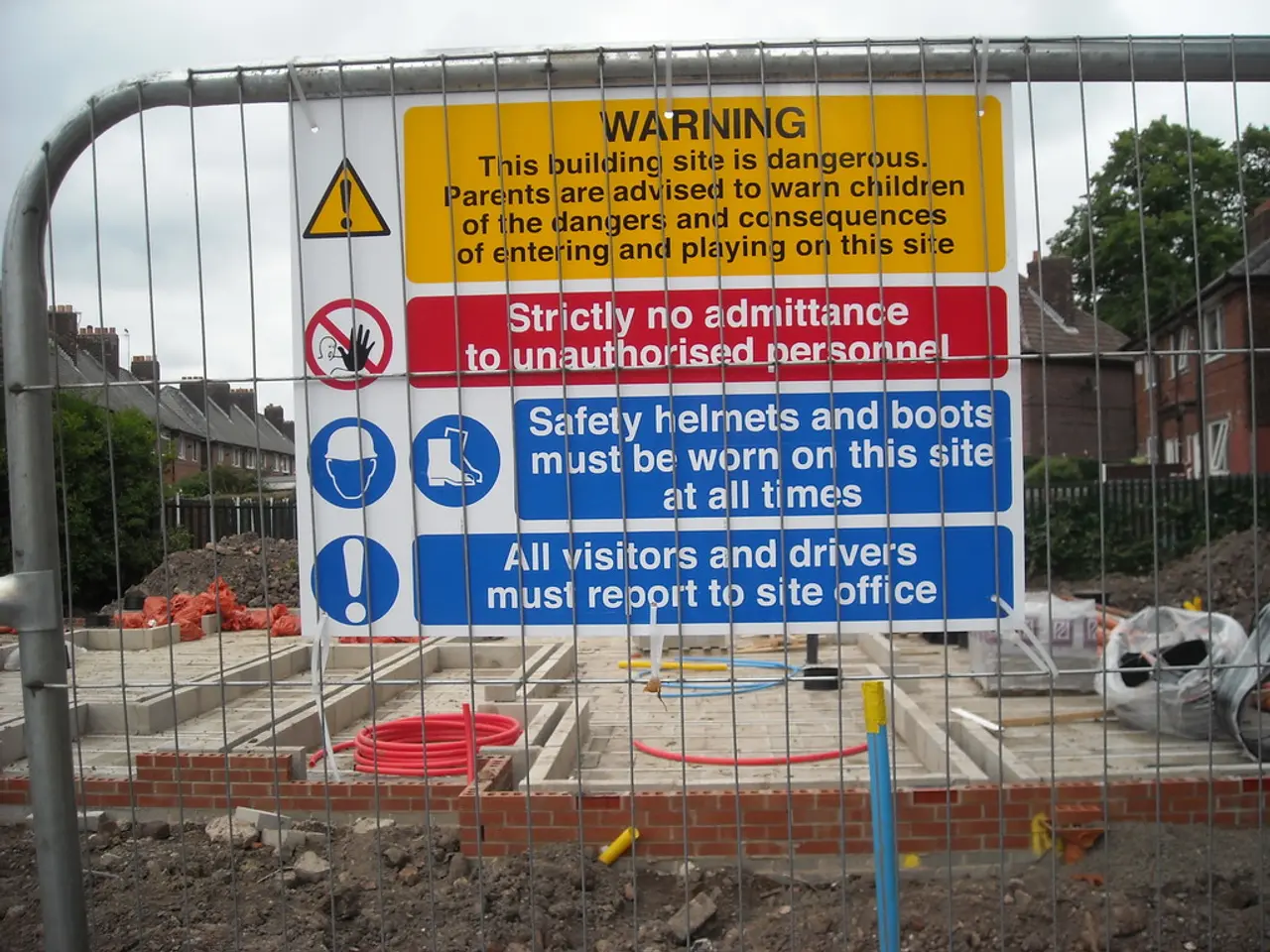Comprehensive Guide on EUDR Risk Evaluation for Importing, Exporting, and Trading Entities
As the EU Deforestation Regulation (EUDR) deadline approaches, it's crucial for businesses to ensure their compliance to avoid customs blocking their shipments. This regulation requires companies to conduct a risk assessment to ensure that their products are not linked to deforestation or produced in violation of applicable laws.
To simplify the process, platforms like Matchilla offer a free and non-binding matching service that connects businesses with the right EUDR consulting and software providers across Europe. Automating the Due Diligence Statement (DDS) generation helps eliminate formatting and submission errors, and links every document to the right batch automatically.
One of the common pitfalls in EUDR compliance is relying on manual documents from suppliers, submitting DDS without real polygon mapping, using outdated or generic risk data, and waiting until shipment to start due diligence. To address these issues, companies can adopt a digital onboarding and documentation system, equip field agents with mobile tools for offline polygon mapping, and use platforms that update country risk levels and overlay supplier data with deforestation maps, audit results, and legal checks.
Platforms like the EUDR Compliance Platform from Matchilla auto-detect risk, generate DDS with built-in audit trails, integrate seamlessly with TRACES for fast submission, and track risk in real-time with custom dashboards. The EU's TRACES system can reject a DDS if it's missing plot-level geolocation, proof of no deforestation, or batch-level documentation. Non-compliant batches should be automatically flagged, and risk should be scored by severity (missing data vs. deforestation exposure).
Even if a country is classified as 'low-risk', businesses are still legally required to submit a DDS under EUDR. Common risk triggers that businesses might be overlooking include missing plot-level geolocation, incomplete or outdated land ownership records, blended raw material sources with unclear origin, unverified or unaudited supplier declarations, and sourcing from 'standard' risk countries without documented mitigation steps.
Role-based views give exporters visibility into supplier and batch readiness, importers access to DDS statuses and shipping timelines, and compliance teams alerts when something needs action. In today's global supply chains, uncertainty is part of the job, but with the EU Deforestation Regulation, what's optional is not whether you take risk seriously—it's whether you're prepared to prove you've done your part. With the right tools and strategies, businesses can stay EUDR-compliant and maintain their reputation as responsible and sustainable entities.
Read also:
- Shaping India's Economic Progression: Readying the Financial System for Tomorrow
- Two farmers in Zambia take legal action against two firms with Chinese connections, alleging an ecological disaster caused by their operations.
- Deepening EU-India relations despite apprehensions regarding Moscow connections
- Ongoing Transition Towards Cleanliness







